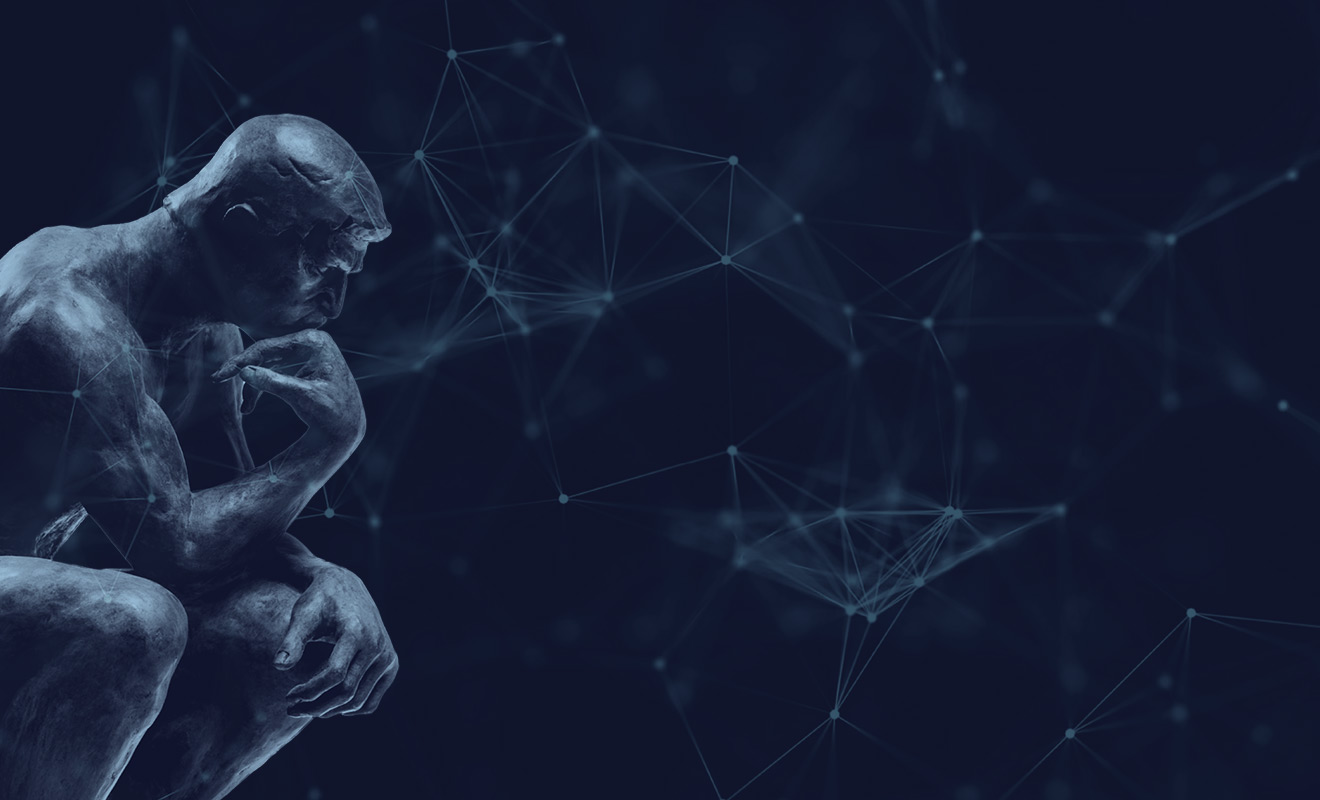
How the Consortium Blockchain Works
September 25, 2019
Corda and Real Businesses Built on Top of This Framework
August 23, 2019

Head of financial institution partnerships at Coinbase, the world’s most widely used bitcoin platform, where consumers, merchants, developers, and traders can transact with digital currency, Kristen Stone learned about bitcoin from a “Stuff You Should Know” Podcast in early 2013. She then out her time and effort in understanding bitcoin inside-out and one day woke up to realize that bitcoin was her passion.
We spoke to Kristen in advance of her talk with Matthew Werner titled “Forks: Eroding the Trust Infrastructure of Blockchain” at Rethink Trust in Amsterdam on June 29th and asked her about the big-company challenges Coinbase is facing, the engineering and product balance and the thoughts and observations she’s bringing to Rethink Trust.
Kristen: We view ourselves as a ‘growth stage’ company. Like any growing organization, we face challenges in hiring quickly while maintaining culture. Luckily, we have incredible advisors who help us address the challenges of growth. A unique challenge we face is building out the cryptocurrency industry while building out Coinbase. For example, one of our top priorities is to educate regulators and provide testimonies about the industry. We publish testimonies to provide customers with insight and stay in line with our core principle of transparency. You can check out the testimony copies on the Coinbase blog.
Kristen: In some ways the Washington Post article is right – Coinbase is working to become to cryptocurrency what Google is to Web searches. The same way Google cataloged the web making it easy to connect to every website in the world, our aim is to provide everyone with access to Cryptocurrency. We describe ourselves as the ‘bridge between finance 1.0 and finance 2.0’. Although it’s not immediately obvious, this fits squarely in the ethos of decentralization. Similar to ISPs (Centralized) and browsers (Decentralized), both product types (Centralized and Decentralized) will help create an open financial system. It’s a false dichotomy to pit one against the other because both are part of the solution.
Kristen: The largest challenge is creating products that are ‘User-Friendly.’ Ushering in a new technology is never easy and requires a lot of thought about the user experience. It is one of the reasons Coinbase has been so successful. In a world full of new concepts like blockchain addresses, network fees, confirmation times, we make our product ‘easy to use,’ and encourage mass adoption for the cryptocurrency industry.
Kristen: Qualified custodianship is a necessary part of the ecosystem. Institutional investors have a single focus: investing. When they are required to custodian an entirely new asset type it becomes complicated and takes away from their main objective. Dedicated custodians who build products with an understanding of how to custodian a non-reversible asset class is a necessity to bringing institutional investors into this industry.
Kristen: From my perspective, the engineering and product balance is one of the reasons I work at Coinbase. This company was built on the foundation of being the ‘Most Trusted’ and ‘Easiest to Use.’ Our engineers are world-class and the technology they create is at the intersection of Security, Customer Experience, and Innovation. Every day I see examples of the creativity and thoughtfulness of our engineering team to maintain these principles.
Kristen: There are a few ways we manage needing so many skill types but the most critical avenue is hiring the right people and ensuring open and honest feedback. A product is a reflection of the people, and that is critical for us. We work hard to hire people with the right skills who represent our values. With those people, we create a culture of ‘Continuous Learning’ encouraging everyone to provide open and honest feedback pushing our product to be delightful for customers.
The people! I’ve worked in this industry for four years and it’s the people who impress me the most. The projects they work on, the skills they have, and the resiliency to challenges that inevitably show up when building an industry continue to inspire me. I’m excited to participate in Rethink Trust and meet more incredible people.
Don’t miss Kristen Stone and Matthew Werner and their talk “Forks: Eroding the Trust Infrastructure of Blockchain” at Rethink Trust conference in Amsterdam on June 29th. Book your ticket now.


